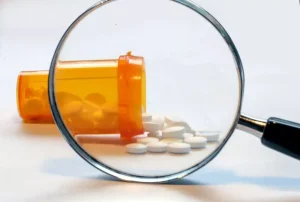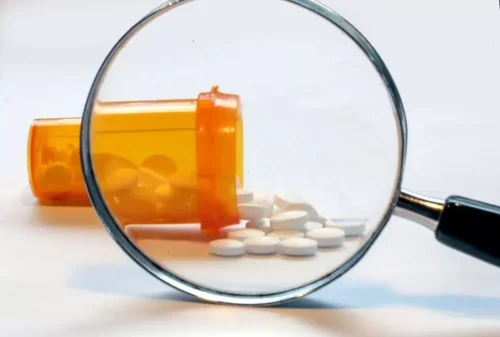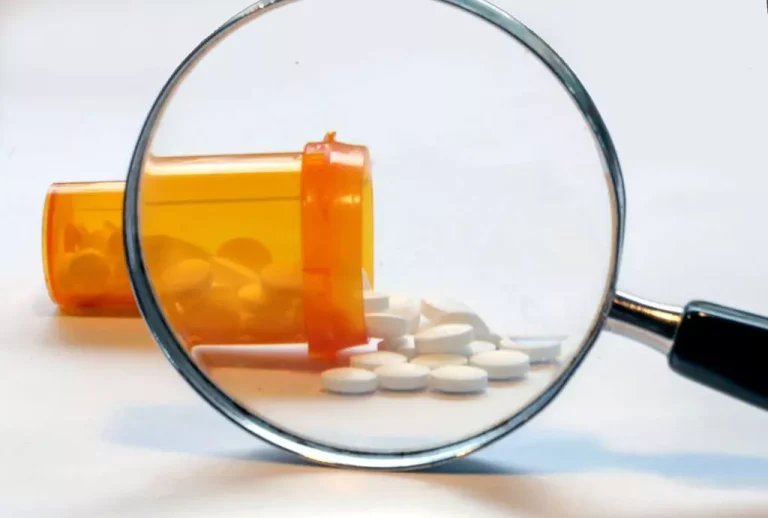
Your story is meant to inspire and motivate others, so focus on the hope, the courage, and the strength it takes to overcome addiction. When sharing your story, it is important to be mindful of how you are presenting it. Are you making it seem like using drugs was fun and exciting?
- The power of storytelling lies in its ability to connect people from different backgrounds through shared experiences, ultimately fostering healing within communities affected by addiction.
- Recovery from a substance use disorder can be an individual experience.
- This supports their commitment to sobriety, and encourages them to keep healing.
- According to the National Institute on Drug Abuse, people with substance use disorder have a 40%-60% chance of experiencing a recurrence at some point.
- If you deeply believe that 12-step programs were key to your success, then make sure your story reflects that.
The Healing Power of Sharing Recovery Stories in Alcoholics Anonymous and Beyond

They may have additional recovery tips that you can learn from to strengthen your own journey. Addiction recovery is a deeply personal journey full of ups and downs. Someone in recovery may recall specific moments when they felt pride, regret, challenged, and a whirlwind of other emotions. They might remember days they felt alone and times they felt supported. Sharing stories with others is part of recovery and is a healthy way to express yourself as you walk through what your story means to you.
Sharing in Addiction Recovery: The Power of Your Story
While you are entitled to your privacy when it comes to this highly personal process, there is power in opening up and telling your story. Sharing your recovery story can be a step forward in your own personal healing. It also has a healing power sharing your story in recovery for others who are still struggling to break free from addiction.
- AA emphasizes the importance of storytelling for staying sober.
- We invite you to share your journey of recovery and be featured on Recovery Connection!
- When sharing publicly about our struggles with addiction, we can choose to be anonymous or not.
- Don’t be scared to show your emotions — it can help you work out things you’re still processing.
- In telling your story, you may find that there are similarities and differences between yours and others’.
Hope, Education, and Connection in Online Platforms for Sharing Recovery Stories
I’m not as much into AA anymore because I’ll be honest, my life is fantastic. I was a writer and was surrounded by a lot of writers who were also living with mental health conditions and drinking a lot. This led to me finding myself in some situations that, looking back the next day, were scary. Some people in recovery experience significant difficulty or distress when they encounter certain triggers — which can be a behavior, place, person, or situation. Jay is a grateful recovering alumnus, having been a patient at Cumberland Heights in 1989. His personal treatment experience helped shape his leadership principles today.

The Power Of Storytelling In Addiction Recovery How Sharing Your Story Can Help With Healing
- The collective strength of these communities gives a sense of support on the recovery path.
- Stopping the use of physically addictive substances can cause withdrawal symptoms, sometimes severe ones.
- Storytelling also affects readers’ attitudes, behaviors and actions.
- I got into AA because hearing other people’s stories and how they made it was like hearing voices from beyond.
You will want to make some notes, and practice telling your story aloud to see how long it takes. Otherwise, you risk running too long and never getting past the story of your addiction. If there was a specific step within the program that was particularly helpful to you, be sure to mention exactly what it was.

Next steps

An effective recovery story should blend honesty and inspiration. It should talk about the challenges of addiction but also show triumphs in recovery. It should provide relatable advice on how to cope during the journey towards sobriety. Personal stories also play a crucial role in educating readers about addiction and recovery. Through these narratives, individuals gain insights into the challenges and how to navigate the journey towards recovery. It provides invaluable knowledge about coping skills, support networks, and self-reflection techniques.
The Healing Power of Storytelling in Addiction Recovery
- Others need to see that recovery is not easy, but it is possible.
- Storytelling is a powerful marketing tool used by rehab centers and treatment programs.
- Some people may not have started their first day of sobriety yet.
- Recovery Connection is the ultimate addiction recovery resource portal for information on the latest treatments, centers, and programs.
If you don’t feel comfortable or confident enough, you may not be ready. Suffering from any mental health condition is not a choice. Whether it is addiction, depression, anxiety or post traumatic stress, it is not something we actively go out of our way and choose. Mental health happens to us, but, how we deal with it and speak about it, well that is where the ball lands firmly in our court. When sharing publicly about our struggles with addiction, we can choose to be anonymous or not.

